Your HR Tip on End-of-Year Functions
Rewarding your hard-working staff with a day or night out filled with fun, laughter, and a chance to reflect on a successful year is a fantastic idea. However, like any well-intentioned function, it can turn into an HR nightmare if not handled wisely.
Here are some tips to ensure your post-celebration work environment isn’t awkward:
Plan Thoughtfully
Strike a balance between planning and spontaneity. You can't please everyone, so focus on creating enjoyable plans and sending out invites without overthinking every detail. Remember, the goal is to bring everyone together to unwind and celebrate the year. Also, if you are planning an event centred around alcohol, avoid scheduling the function on a day/evening when you expect your staff to work productively the next day – it's both unfair and unrealistic. This is especially important if you have staff that use plant or machinery, or drive as part of their employment.
Whilst work functions have traditionally been centred around bars and alcohol, these days there are many more fun options to consider such as team challenges like Amazing Races and Escape Rooms, cooking experiences, group painting classes, and much more – many facilitated by professional service providers to save you on the organising and admin!
Choose a Sensible Location and Activities
While an outing to Rainbow's End may sound fun, it might not be the best idea for a work function. Health and safety regulations still apply. Fun ideas like "drink a bottle of bourbon and race go-carts" might sound exciting, but it's essential to be sensible. You don't have to break last year's alcohol consumption record to have a good time. Ensure your activities are suitable to the people you are inviting – so think daytime family-friendly picnics or BBQs with minimal alcohol where children and partners are invited and save the inner-city venue and bar tab for adult attendees only.
Set Boundaries on Alcohol
Alcohol is often part of the celebration, but unlimited bar tabs can lead to issues and regrets. Set a limit on the bar tab based on the number of attendees to avoid the chaos that comes with excessive drinking, and don't forget to keep an eye on that one colleague who pushes the limits. Setting boundaries protects both your employees and your reputation.
Consider Non-Alcoholic Options and Provide Food
Not everyone drinks, so ensure you have alternatives available. A bottle of Coke on the corner table won't cut it. Provide a variety of non-alcoholic options to accommodate everyone's preferences. If you are serving alcohol, make sure you also provide a substantial meal or food options... a bag of Bluebird chips and a bowl of dip won’t cut it!
Ensure Safe Transportation
Responsibility doesn't end with the last drink. Make sure everyone has a safe way to get home. Don't just dismiss the crowd with a casual "See you tomorrow." Consider providing transportation options or arranging for designated drivers to ensure everyone gets home safely.
Moderate Your Own Fun
It's your celebration too, and it's perfectly fine to enjoy yourself. Undo that top button, release the tie, and join in the festivities. However, moderation is key. Remember, you're still in a professional setting, and too much fun can become the water cooler talk the next day.
By following these simple steps, you can ensure that alcohol, often the HR practitioner's nemesis at functions, doesn't become a source of stress. For more HR advice and information about our services, check out Tech 5's HR Advisory Services.
Contact Tech 5's Employment Law Specialist, John Dustow, for further HR assistance regarding any issues that may arise from your Christmas Function. Cheers to a successful celebration!
JOHN DUSTOW – E: johnd@tech5.co.nz | P: 027 855 9989










